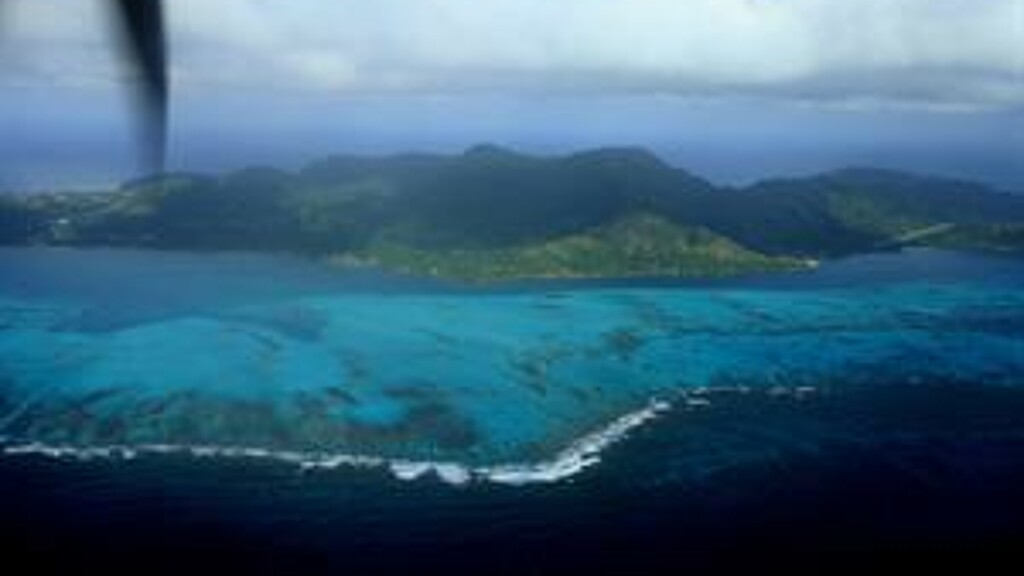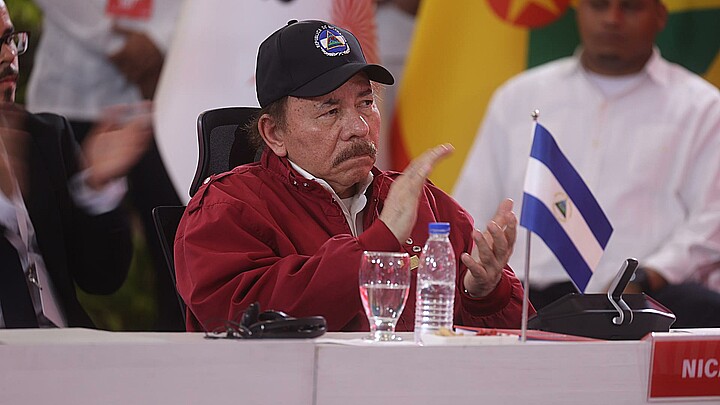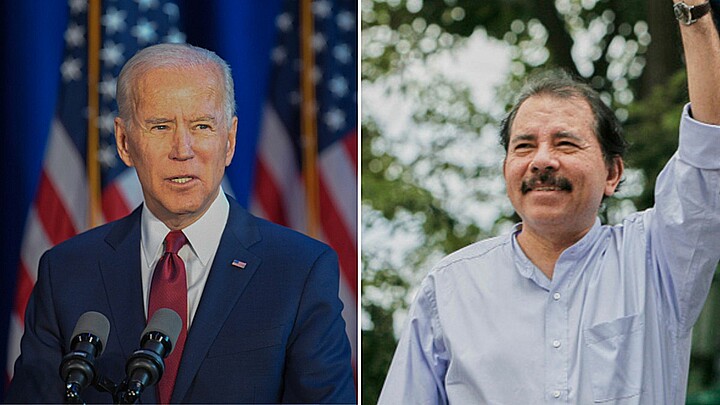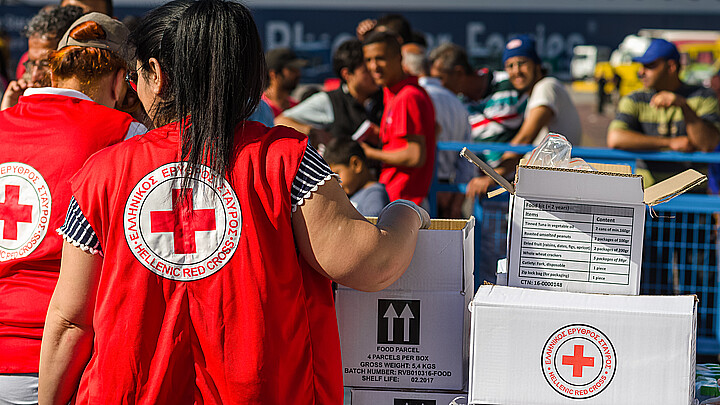Politics
U.N. court rejects Nicaragaua's claim in maritime border dispute with Colombia
The International Court of Justice rejected Nicaragua’s claim of having economic rights over a part of the Caribbean Sea that is located about 230 miles (370 kilometers) away from its shores

July 14, 2023 8:36am
Updated: July 14, 2023 8:36am
The United Nations' top court on Thursday rejected Nicaragua’s claim in a decades-old dispute with Colombia over maritime borders and entitlements in the Caribbean.
The International Court of Justice rejected Nicaragua’s claim of having economic rights over a part of the Caribbean Sea that is located about 230 miles (370 kilometers) away from its shores.
"Irrespective of any scientific and technical considerations, Nicaragua is not entitled to an extended continental shelf within 200 nautical miles from the baselines of Colombia's mainland coast," Judge Joan Donoghue, the court's president, said as he read the decision.
The two countries have had a decades-long battle linked to the sovereignty over the San Andres and Providencia Archipelago—located about 435 miles north of Colombia and 68 miles from Nicaragua.
In 1982, the two countries signed a treaty recognizing Colombia’s sovereignty over the islands and giving the country economic rights over the waters. Decades later, Nicaragua files a lawsuit against the treaty, saying it violated international law by depriving it of nautical miles of territorial waters.
In 2012, the ICJ reduced the expanse of sea belonging to Colombia, increasing Nicaragua’s continental shelf and exclusive economic zone. The new sea borders gave Nicaragua fishing rights and access to oil and gas deposits in that area.
However, Colombia said it would not recognize the ICJ’s jurisdiction on border disputes, prompting Nicaragua to file a lawsuit in 2013 for violating its sovereignty in the Caribbean.
Nicaragua also claimed that Colombia’s navy dissuaded vessels with Nicaraguan fishing permits from navigating in the region.
Colombian President Gustavo Petro said the recent ruling was “a great victory for Colombia in the Hague.”
The president added that he hoped the decision “ends the controversy over our borders, and we will now focus on the sustainable development of our archipelago.”
The Nicaraguan delegation, on the other hand, said they would study the ruling “because it has consequences in a very large and complicated area.”










